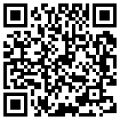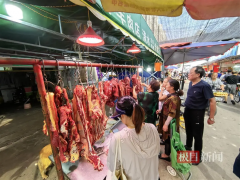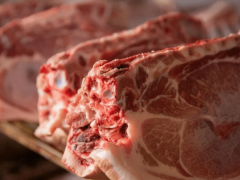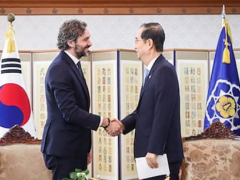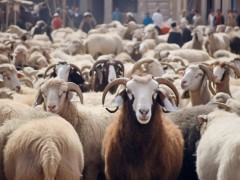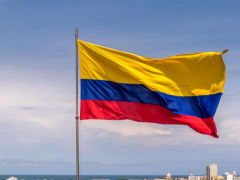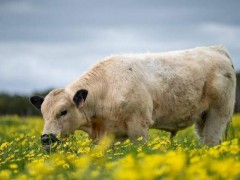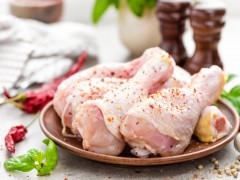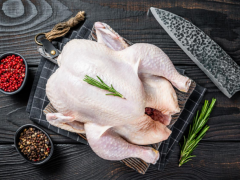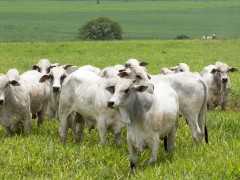View more
In light of the ongoing global avian influenza crisis, the World Organisation for Animal Health (WOAH) hosted its first Animal Health Forum, fully dedicated to the disease. The Forum served as a platform for international experts, private sector and government representatives to engage in meaningful discussions about the current challenges and perspectives for combatting avian influenza.
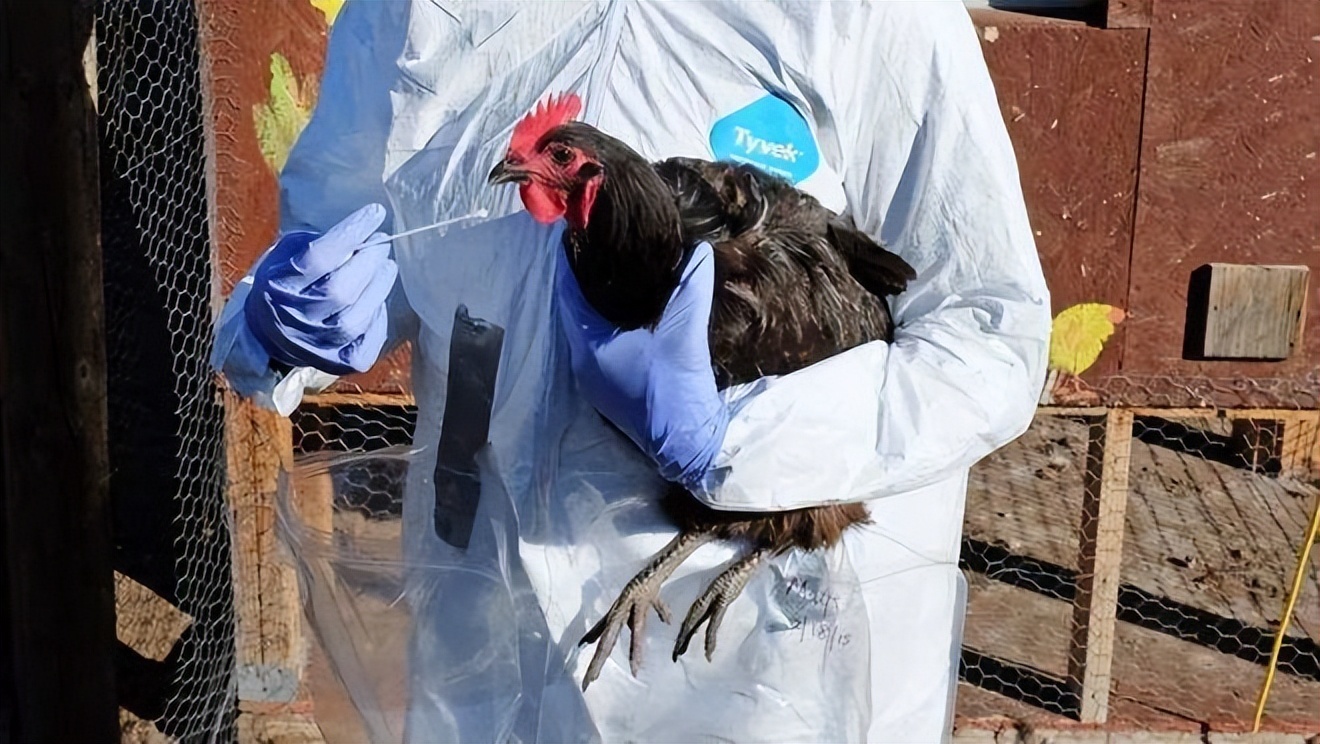
Since 2005, the toll of avian influenza has been staggering, with over 500 million birds lost to the disease. Its devastating impact extends beyond domestic and wild birds, threatening livelihoods and food security alike. The recent paradigm change in the ecology and epidemiology of avian influenza has heightened global concern as the disease has spread to new geographical regions, has caused unusual wild bird die-offs, and has led to an alarming rise in mammalian cases. The rapidly evolving nature and the changes in spread patterns have encouraged leaders and experts to review existing avian influenza prevention and control tools, including the use of vaccines.
''Vaccinating is not the end, it is just the beginning. Vaccination application needs to be managed along the supply chain including a surveillance programme which is able to detect active infection in vaccinated animals.''Dr David Swayne, Disease Expert and Forum rapporteur said.
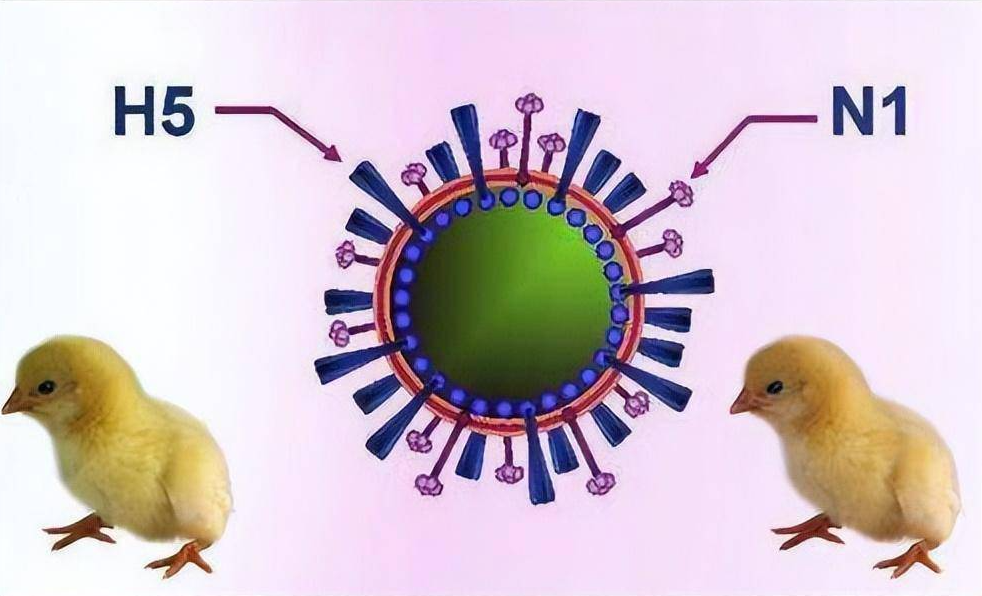
The Animal Health Forum held during WOAH’s recent 90th General Session convened key stakeholders and the full membership of the Organisation to discuss how to minimise the impacts of avian influenza across sectors. based on the Technical Item—’Strategic Challenges in the Global Control of High Pathogenicity Avian Influenza’ presented at the event, participants discussed the impact of the disease, the fitness for purpose of existing prevention and control tools, international trade impact, and the necessity to enhance global coordination. Following the Forum, WOAH issued a comprehensive report capturing the discussions and outcomes.
Vaccination emerged as a critical point of discussion. Countries that previously relied on conventional methods to control avian influenza are now facing overwhelming challenges that have prompted them to explore additional measures. Alongside biosecurity, movement control and stamping out, WOAH’s General Assembly debated the use of vaccination as a complementary tool and extensively discussed its associated implementation challenges. It was recognised that a successful vaccination strategy must rely on authorised vaccines that closely match the virus strains in circulation. Furthermore, it must be accompanied by robust disease surveillance, which is able to demonstrate freedom from infection in the domestic animal population as recommended by WOAH Terrestrial Animal Health Code. By considering all existing science-based control measures and using them in line with international recommendations, countries can develop their own national strategies tailored to their local context and ensure their effectiveness.
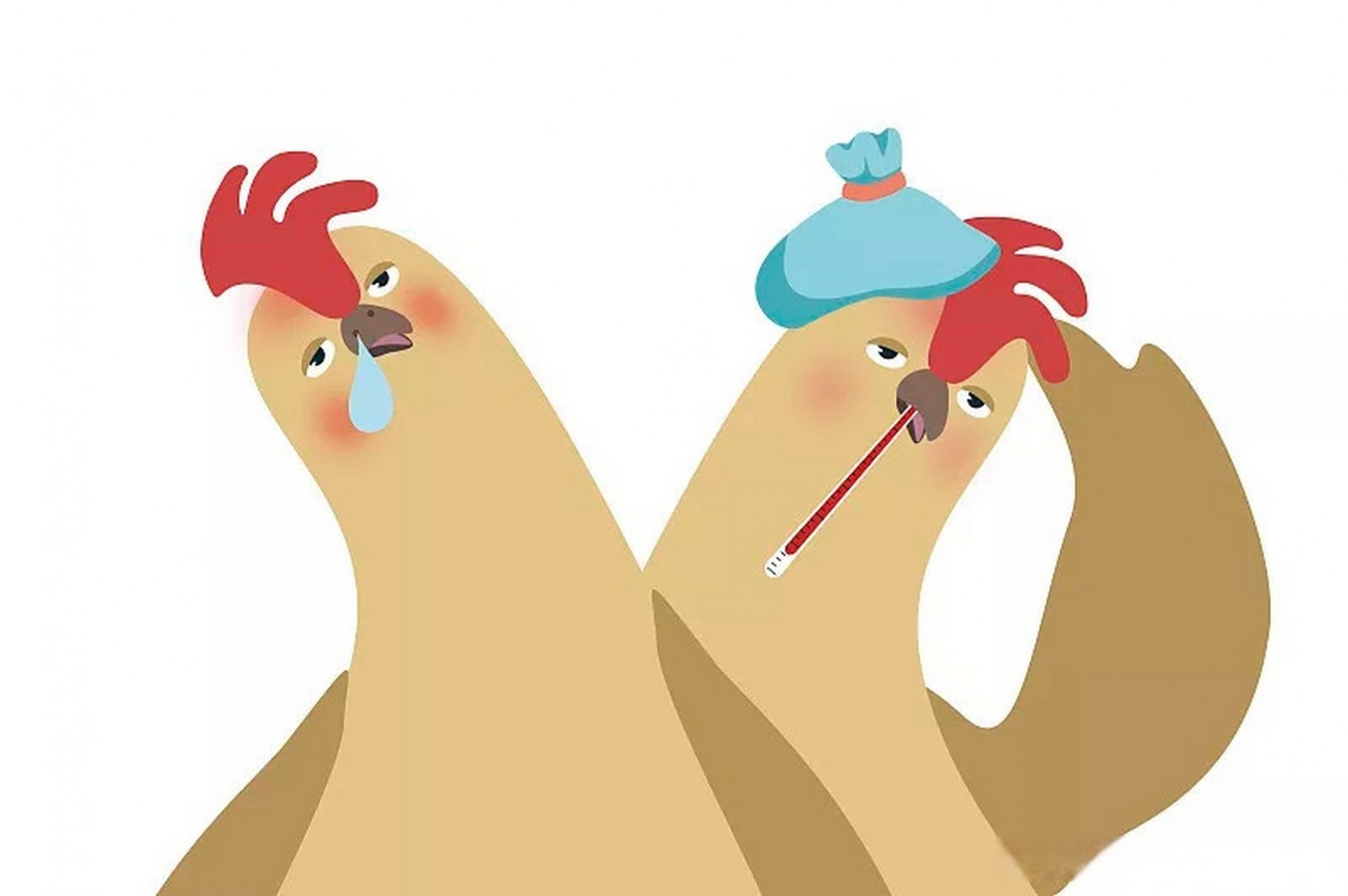
WOAH Members adopted a Resolution which will serve as a basis for shaping future avian influenza control activities, while protecting wildlife, supporting the poultry industry and the continuity of trade. The Resolution notably underscores the importance of Members respecting and implementing WOAH international standards to effectively combat avian influenza. Recognising the compliant use of vaccination without negative consequences on trade as per WOAH standards further stresses the need for robust vaccination monitoring and disease surveillance systems.
''There is no one-size fits all solution, but I am convinced that through close collaboration and adherence to our standards, we can further optimise control measures at our disposal against avian influenza, including vaccination. I applaud the outcomes of the Forum and the adoption of the Resolution by our Members. It demonstrates our shared commitment to effectively control the disease at all levels.'' Dr Monique Eloit, WOAH Director General said.
WOAH remains steadfast in its commitment to address the global avian influenza crisis. Through our normative work, convening efforts and support to our Members, we aim to safeguard animal and human health, protect biodiversity, and preserve the livelihoods of those affected worldwide.
For more information on the meat industry, please pay attention to Zhetouniu.
This article is reprinted from:WOAH Original link
 客服熱線:
客服熱線: